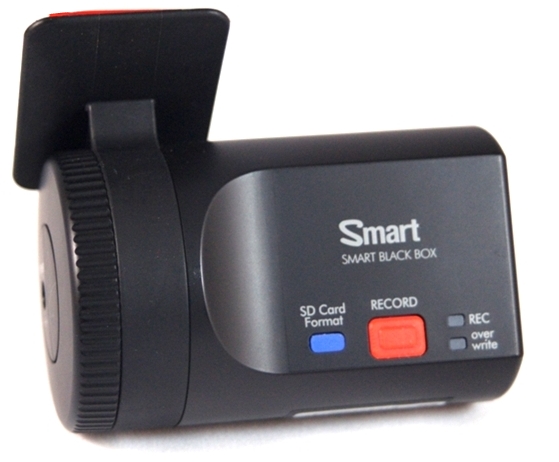When Timothy P. Murray crashed his government-issued Ford Crown Victoria in 2011, he was fortunate, as car accidents go. Mr. Murray, then the lieutenant governor of Massachusetts, was not seriously hurt, and he told the police he was wearing a seat belt and was not speeding.
The airbag control module of that particular vehicle had the capability of storing crash data on an event data recorder, otherwise known as a “black box.”
Thanks to this information, a different story soon emerged. Mr. Murray was driving over 100 miles an hour and was not wearing a seat belt, according to the computer in his car. He was given a $555 ticket; he later said he had fallen asleep.
About 96 percent of all new vehicles sold in the United States have the boxes, and in September 2014, if the National Highway Traffic Safety Administration has its way, all will have them. The boxes have long been used by car companies to assess the performance of their vehicles. But data stored in the devices is increasingly being used to identify safety problems in cars and as evidence in traffic accidents and criminal cases. However, with this additional use, the issue of privacy is raised. To federal regulators, law enforcement authorities and insurance companies, the data is an indispensable tool to investigate crashes. But to consumer advocates, the data is only the latest example of governments and companies having too much access to private information.
Unlike the black boxes on airplanes, which continually record data including audio and system performance, the cars’ recorders capture only the few seconds surrounding a crash or air bag deployment. A separate device extracts the data, which is then analyzed through computer software. Beyond the privacy concerns, though, critics have questioned the data’s reliability.
In 2009, Anthony Niemeyer died after crashing a rented Ford Focus in Las Vegas. His widow, Kathryn, sued both Ford Motor and Hertz, contending that the air bag system failed to deploy. The black box, however, derailed Ms. Niemeyer’s assertion that her husband had been traveling fast enough for the air bag to deploy. Though Ms. Niemeyer lost the suit, her lawyer, Daniel T. Ryan of St. Louis, was successful in excluding the black box data as evidence on the grounds that the device is not fully reliable. The judge in the case ruled that because an engineer working on behalf of the defense retrieved the data, the plaintiffs, who maintained there were errors, had no way to independently verify it.
Both of these accidents are very unfortunate, but data is data and evidence is evidence. Only the safety administration’s regulations will help enable universal access to the data by using a commercially available tool, in spite of skeptical privacy concerns.



